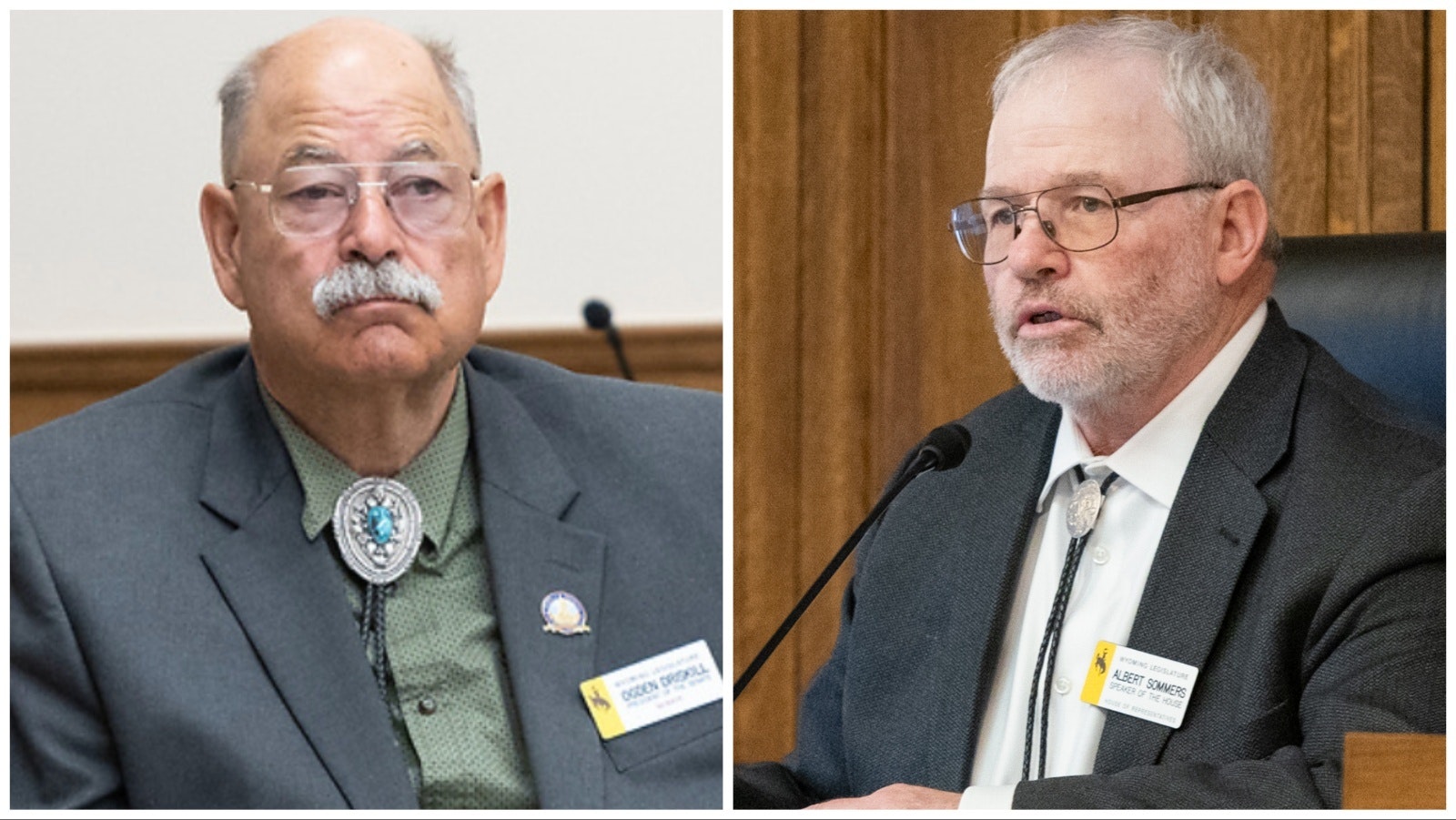The saying goes, “Wyoming is a small town with long streets.”
This is inherent in the Cowboy State’s identity. Our state’s small towns make up its collective spirit and are directly tied to our values of independence, resilience, family and stewardship.
Each community in Wyoming is unique and binds us together as friends and neighbors – as Wyomingites. Have you ever been at the airport and ran into someone with a Pokes hat? Even if you don’t know the person, we can bet you both know someone in common.
This is truly a Wyoming phenomenon.
Wyoming is the 10th largest state by land mass and the least populated, with only 576,851 residents.
Municipalities with populations of less than 4,000 are statutorily considered a “town,” while those with 4,000 or more residents are classified as “first-class cities.”
There are 19 “first-class cities” in Wyoming, and 80 “towns” spread across the state.
By comparison, our neighbor to the south, Colorado, is similar in land mass. But it has 273 incorporated municipalities and a population that’s 10 times Wyoming’s, at 5.8 million people.
It’s safe to say, Wyoming is a small town with long streets.
It is for this reason that recent comments made on the floor of the Wyoming House of Representatives gave us pause.
When discussing HB-70 – Local government distributions, Rep. Bear questioned if small towns need to receive funding from the state. He asked, “should they exist?”
Our answer is a resounding, Yes. Absolutely.
Wyoming needs its small towns. Wyoming, as a state, is a small town. We are proud of its small-town feel, rural nature, abundant wildlife and world class energy reserves.
Small towns are the pillars of our state. We need small towns for their schools, diners, gas stations, community centers, bowling alleys, bars, grocery stores, and churches.
We have challenges attracting businesses and industry without the churn of a large population center, so we must rely on who we are.
Wyoming small towns need funding to run their hospitals, libraries, water and sewer systems, to plow streets and to fund those critical defenders of the public’s safety – our fire and police departments.
Small towns support those who are doing the work in Wyoming. It’s appropriate that money coming from those communities gets back to living in the communities through the funding of local government distributions.
During the biennial budget, distributions have been over $100 million. Both sales tax and property tax help support local government, and that means our tax policies can have a drastic effect on small town Wyoming, especially reducing property tax.
This state was settled through small towns. Whether it’s Upton or Big Piney or all the small towns in between, each town adds an important facet to the character and strength that Wyoming brings to the world. We cannot afford to bend to rhetoric that diminishes who we are. We have lost too many of our small towns already.
Small towns are the heart and soul of Wyoming, and they should be invested in and celebrated, not diminished and discarded.
Albert Sommers is the Speaker of the House and represents a number of small towns as the representative for House District 20. Ogden Driskill is the President of the Senate and represents a number of small towns as the senator for Senate District 01.





